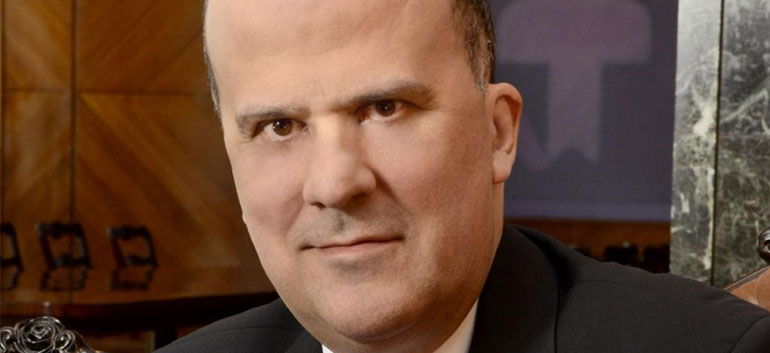The director of Colombia’s Central Bank praised his country’s economic growth and price stability at a meeting in Madrid on investment in the South American country, according to El Espectador newspaper.
Jose Dario Uribe, who has managed the bank since 2005, said at the meeting that these economic indicators can be traced to strengthened Colombian institutions and increased security.
These advances, he said, have allowed the economy to “resist external shock” like an international financial crisis or border closures with Venezuela, which has been politically and economically unstable.
MORE: Businesses in northern Colombia close as Venezuelan border blocked
In addition to noting Colombia’s stable prices and low inflation, which was often between 20 and 30% in the 1980s and 1990s, Uribe also noted the importance of the fall in the unemployment rate from 15% in 2012 to 8.4% today.
While noting that some of Colombia economic strength can be attributed to the “good luck” of being rich in natural resources, the bank director estimated a slight dip in growth for 2015 due to the fall of oil prices.
MORE: Falling oil prices threaten Colombia economy
Between 2016 and 2020, the Colombian government plans to invest $25 billion in infrastructure – mainly highways – with half of the funds coming from private investors, according to Uribe.
Among the challenges facing the Colombia in future are tax reform, improving education, social inequality, and generating jobs for young people, he said.
While officials government statistics on unemployment estimate the current rate at less than 10%, many observers note that the figure includes Colombians earning money from informal jobs with no benefits or social security.
Colombia’s Central Union of Workers (CUT) has estimated that more than half of Colombian workers are informally employed.
The World Bank recently declared Colombia as the best place in Latin America to do business.
MORE: Colombia becomes Latin America’s best country for doing business
Sources
- Banco de la Republica destaca fortaleza económica de Colombia (El Espectador)
- “56% del trabajo es informal y no cuenta como desempleo” (Caracol Radio)


